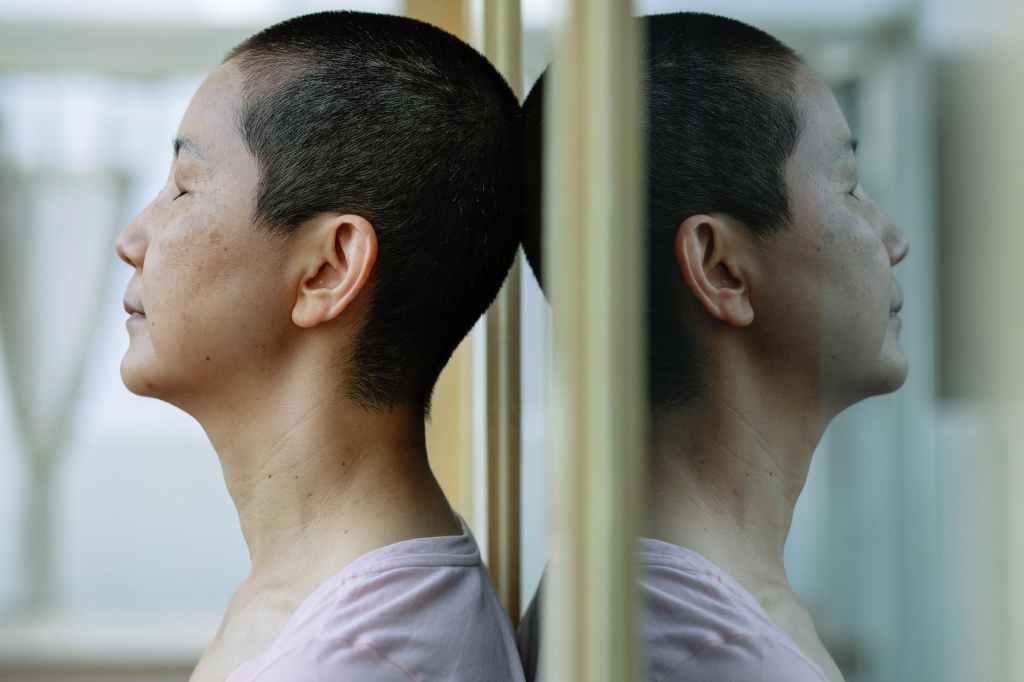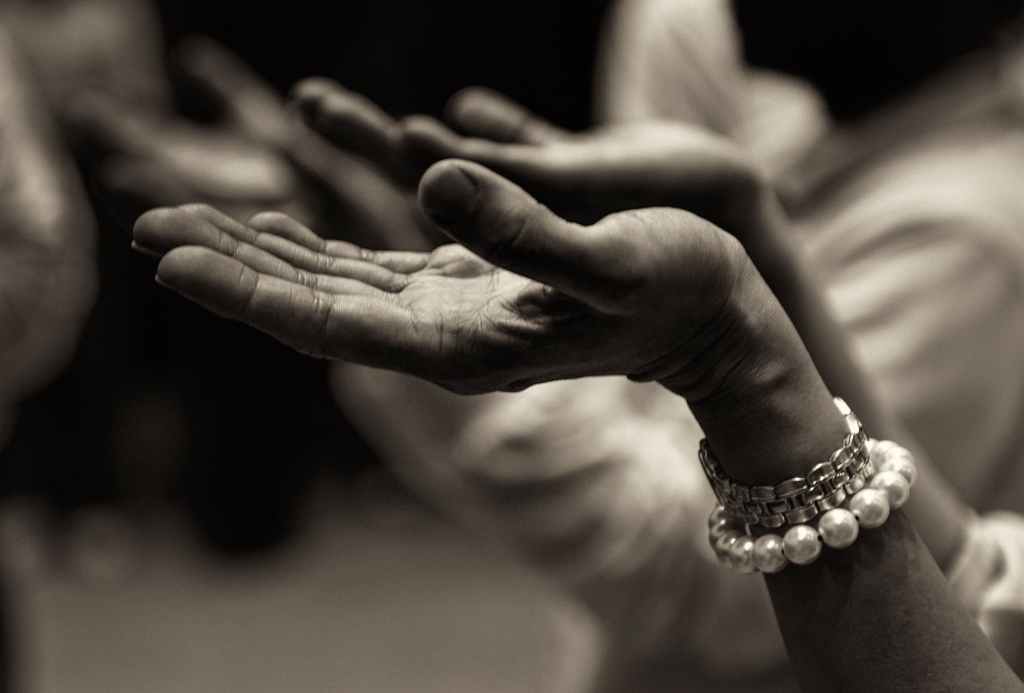
I’ll be the first to tell you that recovery from schizophrenia or any other major mental illness is a very long process, it can take years to get stable, if actual stability is even real.
It’s important to work at it though and be cognizant of the steps you are taking to improve your mental health.
I’d even go so far as to say it’s not so much a process but a journey with the ultimate goal of feeling comfortable in your own skin and in society.
I think I’m at a pretty good point right now, my meds are doing their job for the most part, I haven’t had an episode in about 3 months and I’m slowly getting a better handle on my anxiety.
Granted I don’t go out in public that often and when I do, I usually have to contend with paranoia but in all respects, I feel ok right now and that’s the most I can ask for.
It has taken me 17 years so far to get to this point of relative comfort but along the way, I have learned who I am as a person, what my triggers are, what I do and don’t feel comfortable with and what to do in triggering situations.
I have also amassed a pretty expansive bag of “tools” for dealing with paranoia, anxiety, depression, mania, really anything that comes up so I have a method to cope.
That said, it’s very easy to lose yourself in moments and I still do pretty often.
My point of all this is to illustrate that I still struggle daily with my illness, but 17 years out, I’m used to most of what can happen and it doesn’t affect me nearly as much as it did when I was first diagnosed.
It’s true that I am not what you would consider “healed” but I think the reality of it is that I never will be and the most I can do for myself is to try to build a quiet comfortable life where my symptoms are minimal and I feel at peace.
Recovery from mental illness is not what most neurotypical people would think of as recovery, in that, barring some incredible medical discovery, major mental illness can’t be cured.
The most we can hope for is to find a measure of comfort and stability where are symptoms aren’t affecting us too badly.
That, to me, is success when you’re living with schizophrenia.
It ultimately comes down to learning about, and eventually finding out who you are to the best of your ability.
This includes your preferences, the things that set you off, your fears, the things you’re proud of, your accomplishments and just what exactly makes you tick as a person.
If you know yourself well, you can anticipate and prepare for those moments and situations that might knock you off your game.
You can have the confidence of knowing that whatever happens, you are still you, you are still the person that you have found yourself to be.
In this, if you do get knocked around and lose yourself mentally for a little while, you can always come back to your baseline of who you know you are.
It’s a strange situation living like this and although I don’t want to sound like a life coach, if you know yourself, You know what you can handle.
I think that is essentially stability, or recovery in the most understandable terms.
If you’re not there yet, give yourself time and patience, rely on your support structure and know that whatever happens, you are not alone.








